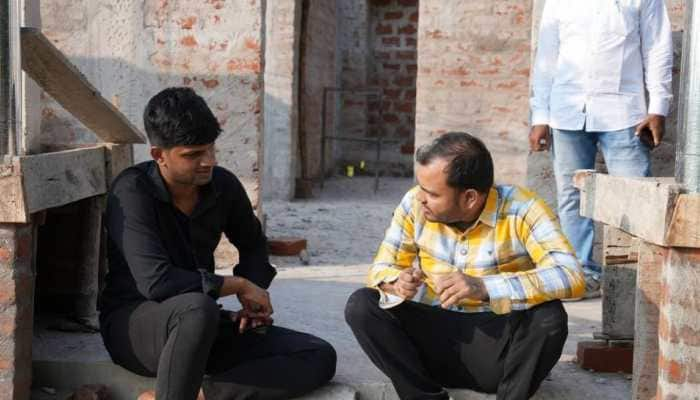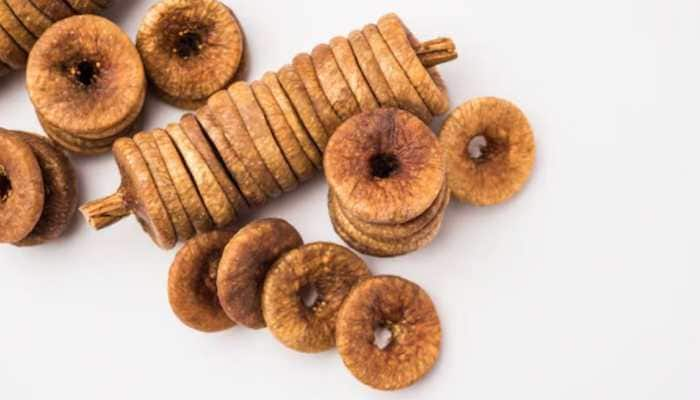Priorities of coral and coal clash in Aussie Sunshine State
As many Australians grapple with how to save their Great Barrier Reef from global warming, others are preoccupied with building one of the world's biggest coal mines nearby.
Trending Photos
)
Canberra: As many Australians grapple with how to save their Great Barrier Reef from global warming, others are preoccupied with building one of the world's biggest coal mines nearby.
Coal mining and environmental tourism are both cash cows for the state of Queensland, a resource-rich northeast playground that promotes itself as Australia's "Sunshine State."
But the Carmichael coal project, a massive 22 billion Australian dollar ($16.5 billion) mine that Indian resource billionaire Gautam Adani hopes to start work on this year in the remote Galilee Basin, has created an extraordinary clash between the resource and environment sectors.
Those concerned by the environmental cost of the colossal development are particularly irked that federal and state governments have considered subsidizing Adani's entry into an already-crowded Australian coal mining industry.
Adani boasts that the mine will generate power for 100 million Indians, while providing Queensland with 10,000 jobs plus AUD 22 billion in mining tax and royalties revenue within 30 years.
"This will assist much needed public funding to help deliver schools, hospitals, roads and other services and stimulating activity throughout the economy," an Adani statement said.
A study of coral bleaching on the reef, published in the journal Nature in March, focused international attention on the devastation to coral expanses dealt by rising ocean temperatures off Australia's coast.
Researchers found 91 percent of the 2,300-kilometre Great Barrier Reef had been bleached at least once during three bleaching events of the past two decades, the most serious event occurring last year.
The government authority in charge of the reef marine park reported to a Senate committee in May that as much as half of the 344,000 square kilometres of coral might already be dead due to bleaching.
"This has happened because of global warming. We burned too many fossil fuels and might have lost half the reef," said Sam Regester, campaign director of the activist organisation GetUp.
"It's devastating. You should be furious," Regester said. "One of the wonders of the world is dying, and government has chosen to actively make it worse."
Some are concerned that the Adani mine will further damage the World Heritage-listed reef through dredging at its port at Abbot Point at the south end of the coral, dust contamination of its waters or through increased coal-carrier traffic with all its inherent risks.
But opponents argue the main threat to the reef isn't posed by the mine's proximity. They blame the sheer mass of warming carbon gases that it could unleash into the atmosphere.
Stay informed on all the latest news, real-time breaking news updates, and follow all the important headlines in india news and world News on Zee News.
Live Tv







)
)
)
)
)
)
)
)
)
)
